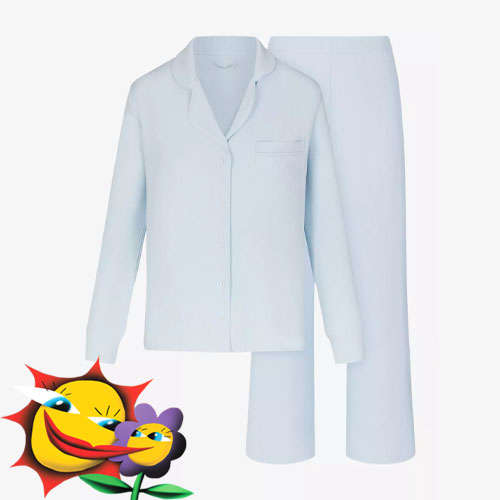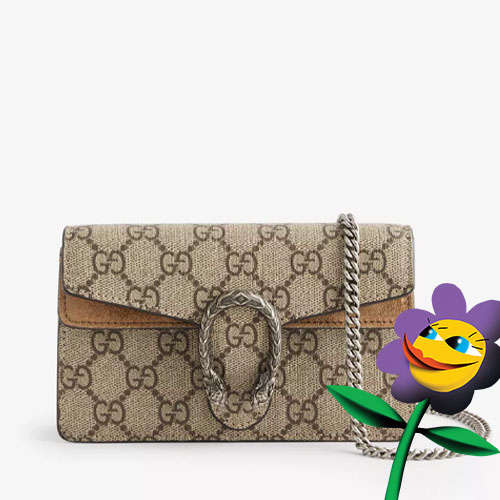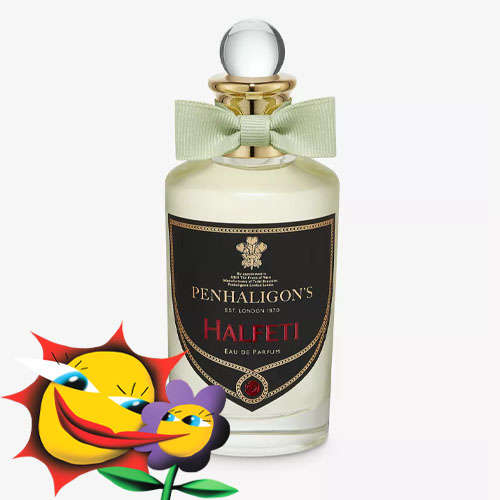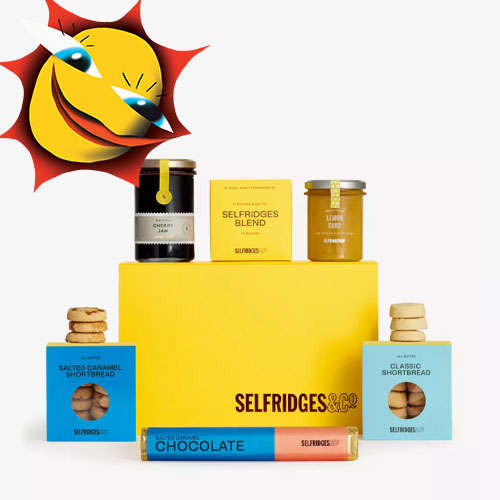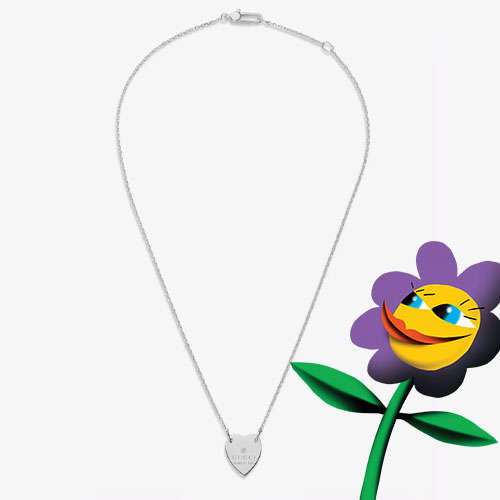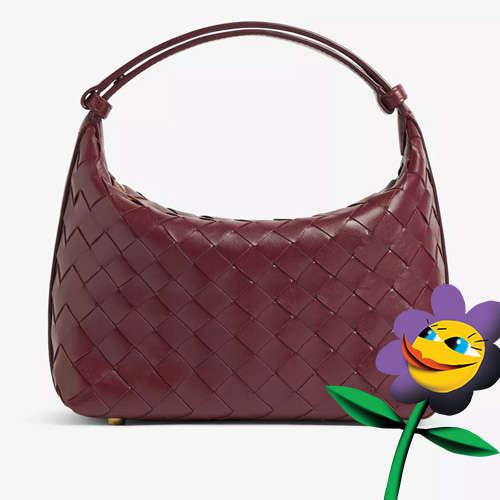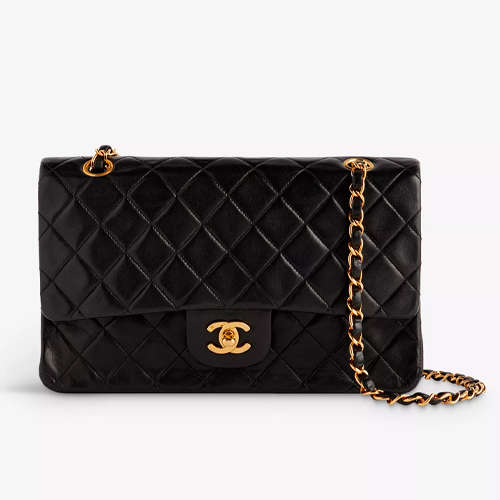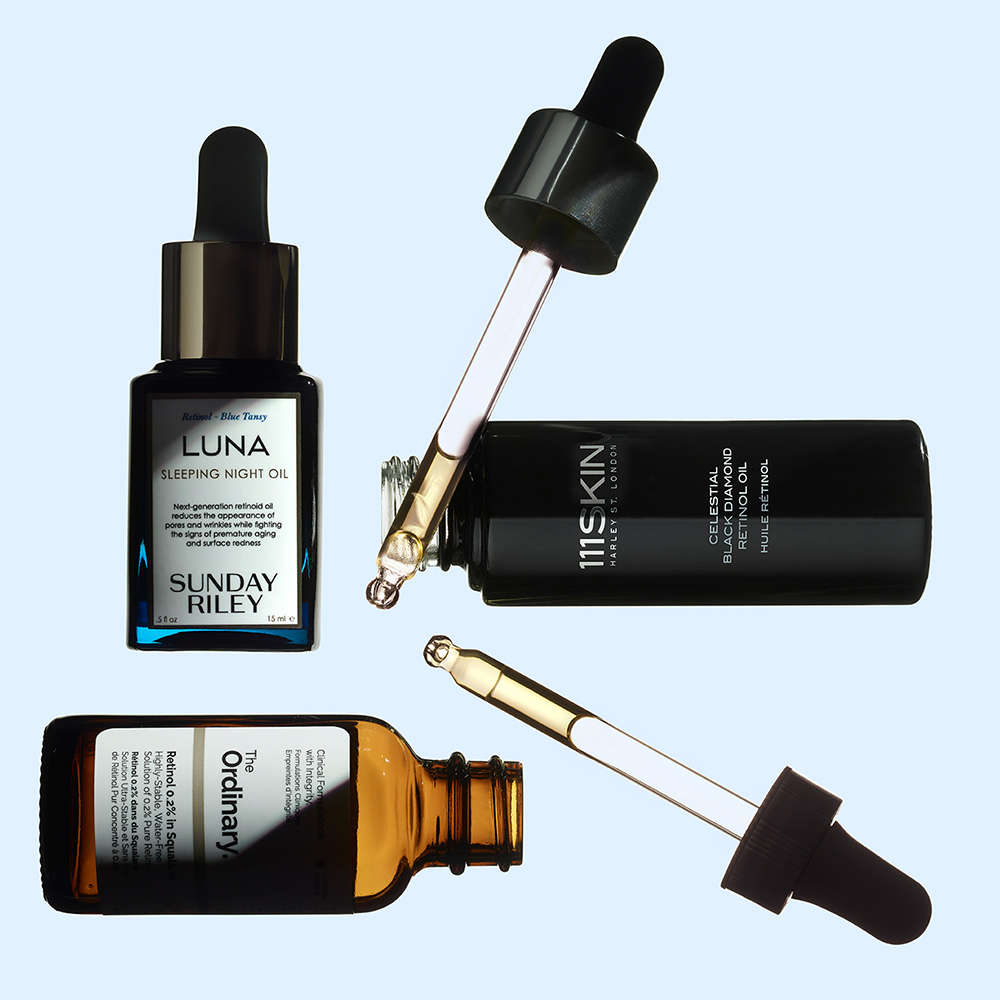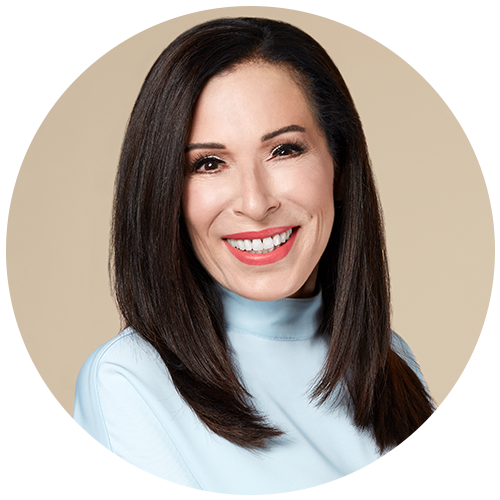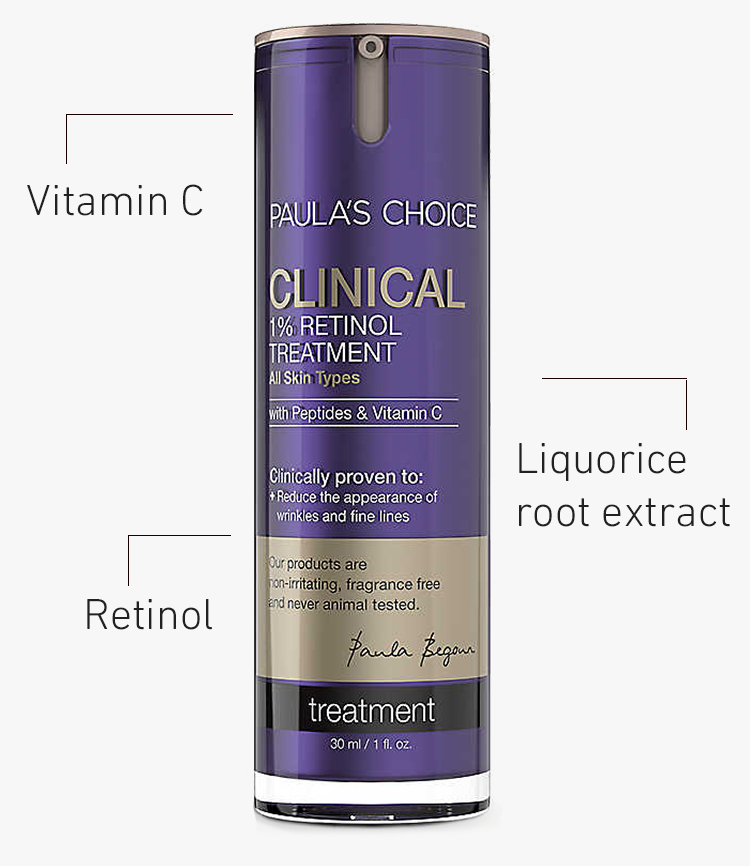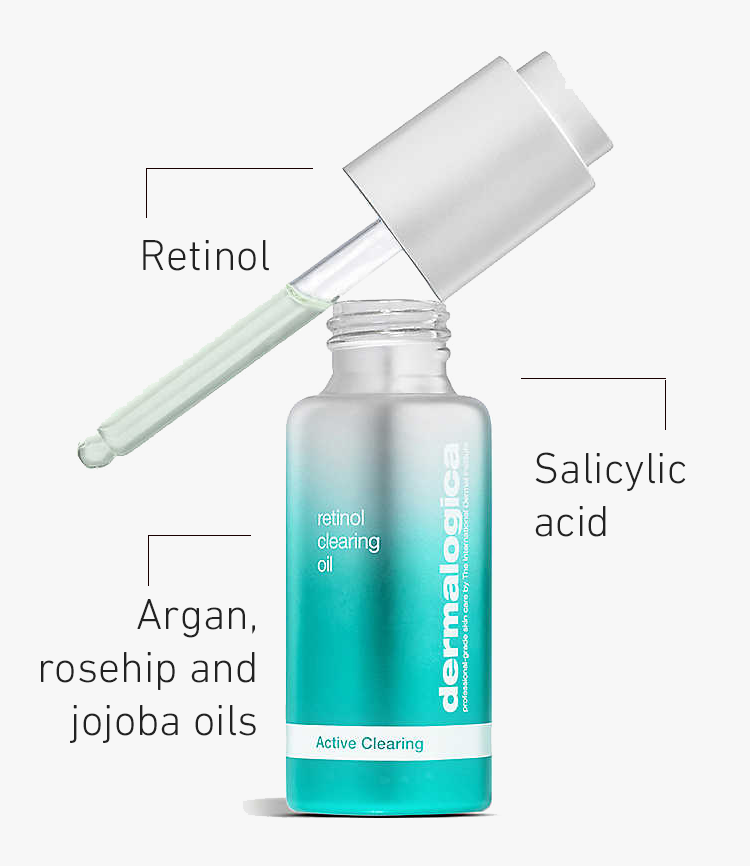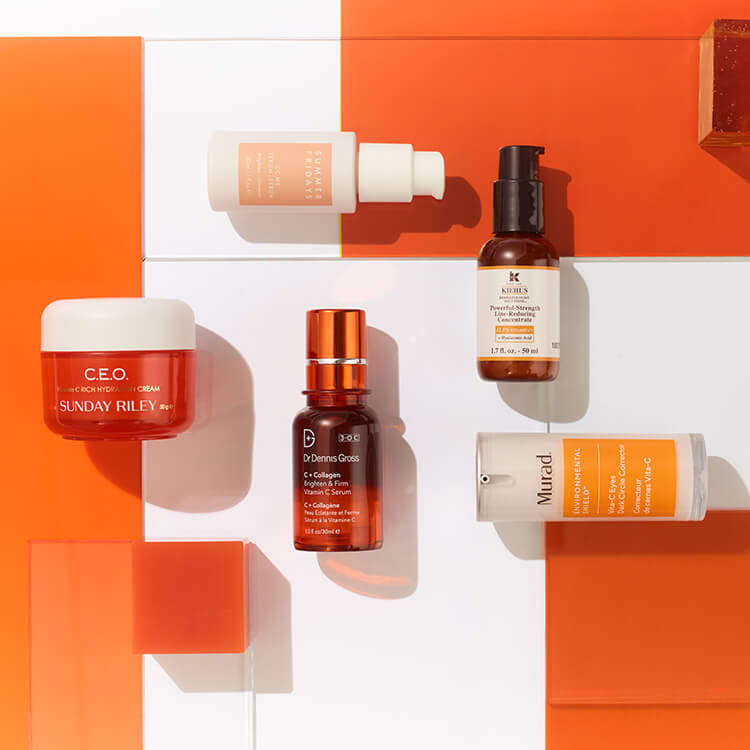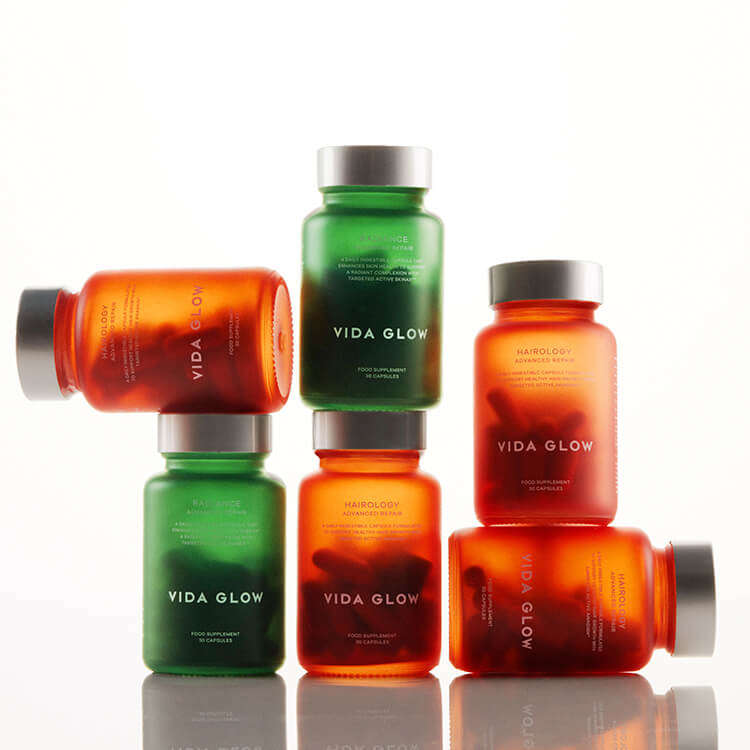- Australia / AUD $
- Canada / CAD $
- China / CNY ¥
- France / EUR €
- Germany / EUR €
- Hong Kong SAR China / HKD $
- Ireland / EUR €
- Italy / EUR €
- Japan / YEN ¥
- Kuwait / USD $
- Macao SAR China / HKD $
- Netherlands / EUR €
- Qatar / USD $
- Saudi Arabia / USD $
- Singapore / SGD $
- South Korea / KRW ₩
- Spain / EUR €
- Taiwan / TWD $
- United Arab Emirates / USD $
- United Kingdom / GBP £
- United States / USD $
- Not yours? Read more
Tell us what you think
Shop in your local currency and language
You are currently in United States US / USD $ store
- English
- English
- English
- English
- English
- English
- English
- English
- English
- English
- English
- English
- English
- English
- English
- English
- English
- English
- English
- English
- English
Did you know that we deliver to 130 countries or regions and offer a range of delivery options to suit you wherever you are in the world? Find out more
Sign up once to our Selfridges+ service and you can enjoy unlimited deliveries wherever you are in the world. FIND OUT MORE
International delivery
With almost everything on selfridges.com available for International Delivery, you can send your order to 130 countries or regions around the world, including North America, Australia, the Middle East and China.
Although we only offer 20 currencies to browse in online, you can still deliver to all of the following countries or regions:
- Algeria
- Andorra
- Antigua and Barbuda
- Aruba
- Australia
- Austria
- Azerbaijan
- Bahrain
- Bangladesh
- Barbados
- Belarus
- Belgium
- Belize
- Bermuda
- Bolivia
- Botswana
- Brunei
- Bulgaria
- Cambodia
- Canada
- Cayman Islands
- Chile
- China
- Colombia
- Costa Rica
- Croatia
- Cyprus
- Czech Republic
- Denmark
- Dominica
- Dominican Republic
- Ecuador
- Egypt
- El Salvador
- Estonia
- Finland
- France
- French Guiana
- Germany
- Gibraltar
- Greece
- Grenada
- Guadeloupe
- Guatemala
- Guernsey
- Guyana
- Honduras
- Hong Kong
- Hungary
- Iceland
- India
- Indonesia
- Ireland
- Israel
- Italy
- Jamaica
- Japan
- Jersey
- Jordan
- Kazakhstan
- Kenya
- Kuwait
- Laos
- Latvia
- Lebanon
- Lesotho
- Liechtenstein
- Lithuania
- Luxembourg
- Macau
- Malaysia
- Maldives
- Malta
- Martinique
- Mayotte
- Mexico
- Monaco
- Montserrat
- Morocco
- Myanmar
- Namibia
- Netherlands
- New Zealand
- Nicaragua
- Nigeria
- Norway
- Oman
- Pakistan
- Panama
- Paraguay
- Peru
- Philippines
- Poland
- Portugal
- Puerto Rico
- Qatar
- Reunion
- Romania
- Rwanda
- Saint Kitts and Nevis
- Saint Lucia
- Saint Martin (French part)
- San Marino
- Saudi Arabia
- Serbia
- Singapore
- Slovakia
- Slovenia
- South Africa
- South Korea
- Spain
- Sri Lanka
- Suriname
- Swaziland
- Sweden
- Switzerland
- Taiwan
- Tanzania
- Thailand
- Trinidad and Tobago
- Turkey
- Uganda
- Ukraine
- United Arab Emirates
- United Kingdom
- United States
- Uruguay
- Venezuela
- Vietnam
What is retinol?
Retinol is a topical derivative of vitamin A that exfoliates the skin, regenerates cell production, and boosts collagen over a matter of hours. Boasting both anti-ageing and acne-reducing superpowers, this multi-tasking saviour will also help your skin to better absorb any other products you apply afterwards (meaning more bang for your buck with follow-up serums, night creams or overnight masks). Nice one, retinol.
Why should I use it?
If tackling acne and scarring is high on your skincare agenda, retinol speeds up cell turnover in order to help heal the skin, while exfoliating the outer layers, preventing pores from clogging and reducing breakouts. Anti-ageing more of an issue? Retinol helps with that, too – it stimulates collagen and blood vessel production, helping to reduce fine lines, wrinkles and pigmentation spots.
How do I use it?
As sunlight is to retinol what kryptonite is to Superman, retinol should only be used during your night-time routine, a couple of times a week (increasing to every other day, if needed, once acclimatised). Start by applying a pea-size amount all over the face, followed by a nourishing moisturiser. Lastly, remember to use an SPF come morning as retinol can harshen the impact of UV on your skin. The effects of retinol build over time and take roughly three months to work, so keep the faith if you don’t notice results straight away.
Take note:
While the powers of retinol are undeniable, if you have a sensitive skin type, keep an eye out for any irritation. While some dryness and/or redness is normal initially, if this persists and causes discomfort then it might not be for you. Plus, be careful when layering up skincare – never use a retinol in combination with other exfoliants like glycolic acid.
Retinol: our top picks
The retinol cheat-sheet:
Active ingredients:
An ingredient that is biologically active,
such as acids.
Bakuchiol:
A natural ingredient that has similar superpowers to retinol, deriving from the Babchi plant. It has a lower chance of irritation and is suitable for vegans.
Retinoid:
An umbrella term for the entire family of vitamin A derivatives – including both the gentler over-the-counter beauty products and targeted prescription-based treatments.
Retin-A:
A potent prescription product that vigorously
speeds up cell production.
Retinoic acid:
Retinol in its active form. Retinol is converted to retinoic
acid once applied and gets to
work on your skin.
Packaging symbols:
All beauty products that contain active ingredients have a symbol on them with a number and letter ‘M’ (for example ‘12M’). This is the length of time you have to use the product before its active ingredients expire.
Our latest stories
Get inspired
The stories to feed your imagination. The conversations to get you thinking. The ideas to brighten your day. Read, watch and listen, right here.


